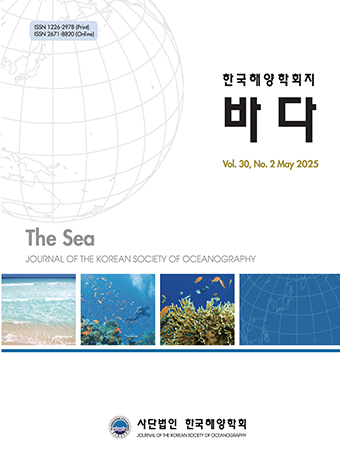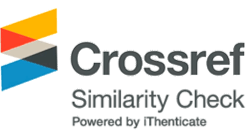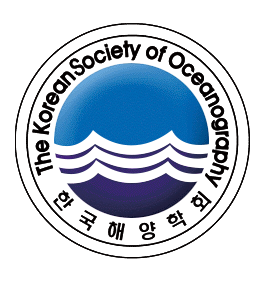Article
Abstract
References
Information
Ho, J.Y., H.A. Afan, A.H. El-Shafie, S.B. Koting, N.S. Mohd, W.Z.B. Jaafar, L.S. Hin, M.A. Malek, A.N. Ahmed, W.H.M.W. Mohtar, A. Elshorbagy and A. El-Shafie, 2019. Towards a time and cost effective approach to water quality index class prediction. Journal of Hydrology, 575: 148-165.
10.1016/j.jhydrol.2019.05.016
Ra, K.T., J.K. Kim, E.S. Kim, K.T. Kim, J.M. Lee, S.K. Kim, E.Y. Kim, S.Y. Lee and E.J. Park, 2013. Evaluation of spatial and temporal variations of water quality in Lake Shihwa and outer sea by using water quality index in Korea: A case study of influence of tidal power plant operation. J. the Korean Society for Marine Environment and Energy, 16(2): 102-114.
10.7846/JKOSMEE.2013.16.2.102
- Publisher :The Korean Society of Oceanography
- Publisher(Ko) :한국해양학회
- Journal Title :The Sea Journal of the Korean Society of Oceanography
- Journal Title(Ko) :한국해양학회지 바다
- Volume : 27
- No :2
- Pages :71-86
- Received Date : 2022-05-03
- Revised Date : 2022-05-14
- Accepted Date : 2022-05-16
- DOI :https://doi.org/10.7850/jkso.2022.27.2.071




 The Sea Journal of the Korean Society of Oceanography
The Sea Journal of the Korean Society of Oceanography








